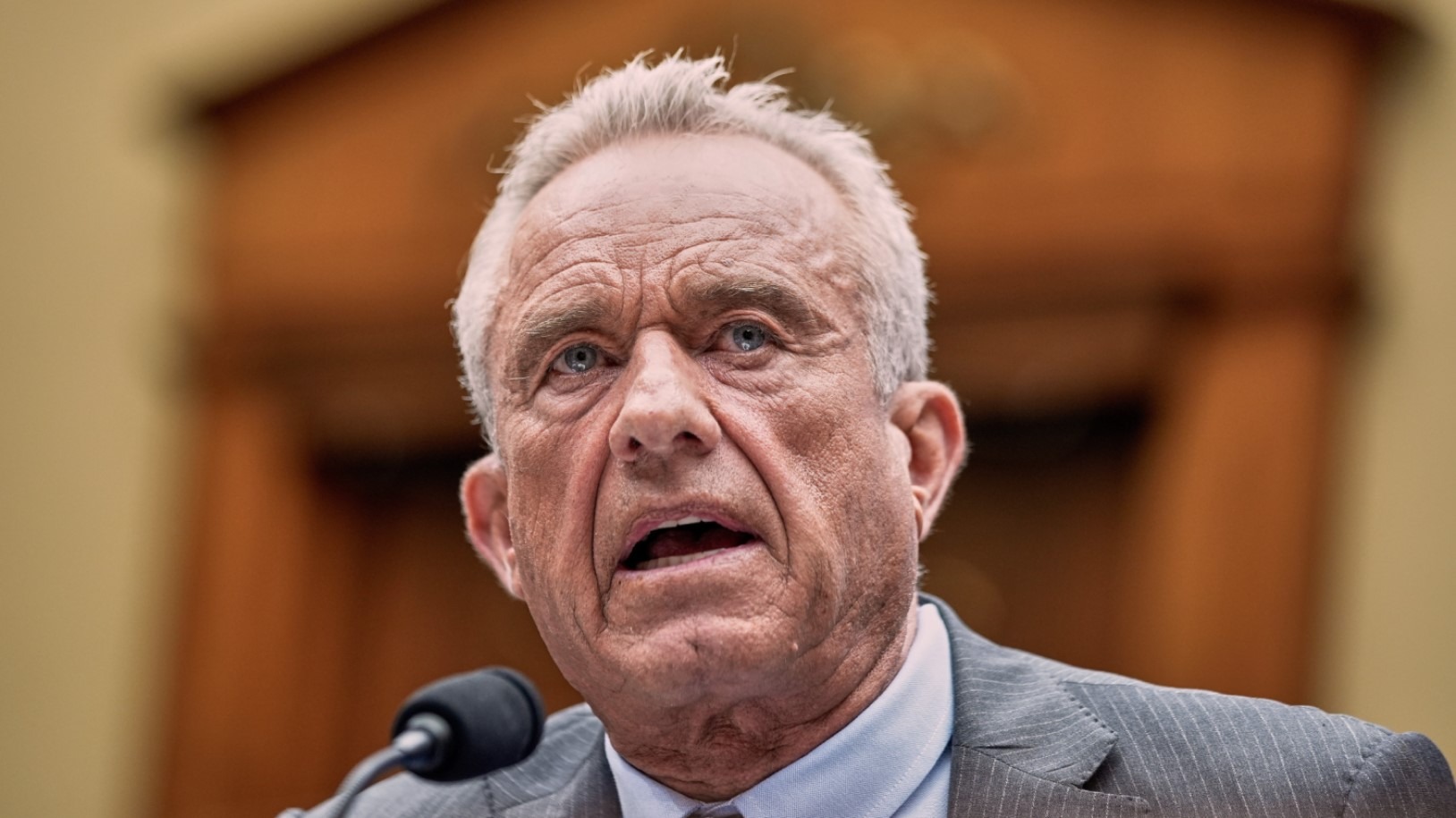
The Tragic Killing of Iryna Zarutska: A Wake-Up Call
The recent tragic killing of Iryna Zarutska, a Ukrainian refugee in Charlotte, North Carolina, has sparked significant debate within the Republican party regarding federal intervention and the security responsibilities of local law enforcement. This incident has not only highlighted the vulnerabilities faced by refugees but has also illuminated a clear divide within GOP ranks on how best to respond to rising crime rates amidst ongoing societal tensions.
GOP Divisions: National Guard vs. Local Control
Following Zarutska’s death, some GOP lawmakers called for a stronger federal presence in order to maintain order, suggesting deploying the National Guard to the region. However, voices within the party, including North Carolina Senator Ted Budd, argue that Charlotte does not currently warrant such extreme measures. Budd's stance reflects a growing faction within the GOP advocating for local control over federal intervention, signaling a potential shift in how national security and local crime are approached.
The Broader Implications: Refugees and Community Safety
While the GOP wrestles with its position, the implications of the tragedy extend beyond party lines. Sociologists and community leaders stress the need for a balanced approach that addresses the safety of all residents, including vulnerable populations like refugees. Programs that promote community integration, job training, and mental health support are critical elements missing from the national dialogue surrounding crime. It's clear that superficial security responses will not foster genuine safety; instead, a comprehensive strategy addressing root causes is necessary.
Refugee Concerns: A Growing Issue in America
The murder of a refugee resonates deeply within broader discussions on immigration policy and public safety. Many advocates argue that greater emphasis must be placed on protecting refugee communities, which are often peaceful and contribute positively to local economies. As the debate on gun control, police reform, and the Second Amendment intensifies, it underscores the need for a multifaceted response that prioritizes both civil rights and the protection of at-risk groups.
Political Responses and Public Perception
The political landscape surrounding the Iryna Zarutska case highlights not only the GOP’s internal conflicts but also reflects a populace divided in its perceptions of safety and freedom. As public opinion shifts, lawmakers from both parties might find it increasingly necessary to reconcile differing ideologies regarding policing, federal authority, and social justice. Experts note that shifting demographics and increased voter engagement will likely impact upcoming elections, especially in suburban and urban districts.
Future Predictions: Legislative Changes on the Horizon?
As the election cycle approaches, it is anticipated that both houses of Congress will see intensified pressure to address public safety and civil rights. Many expect new legislation aimed at comprehensive immigration reform, gun control measures, and community policing initiatives designed to enhance public safety while preserving civil liberties. The challenge remains for leaders to bridge the gap between national policies and local realities, ensuring that all communities feel safe and valued.
A Call to Action: Engage with the Future of Public Safety
The tragic event in Charlotte serves as a reminder of the complexities surrounding public safety, especially in relation to vulnerable populations. As citizens, it is our responsibility to engage in ongoing dialogues regarding safety, justice, and rights. Contact your local representatives, attend town halls, and advocate for inclusive policies that protect everyone in our communities. Change starts with informed citizens who demand a balanced approach to safety and security.
 Add Element
Add Element  Add Row
Add Row 



Write A Comment